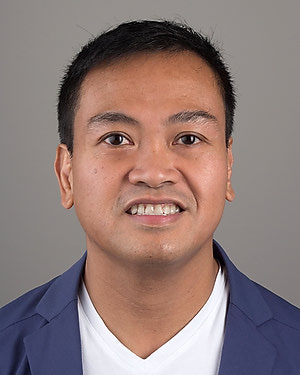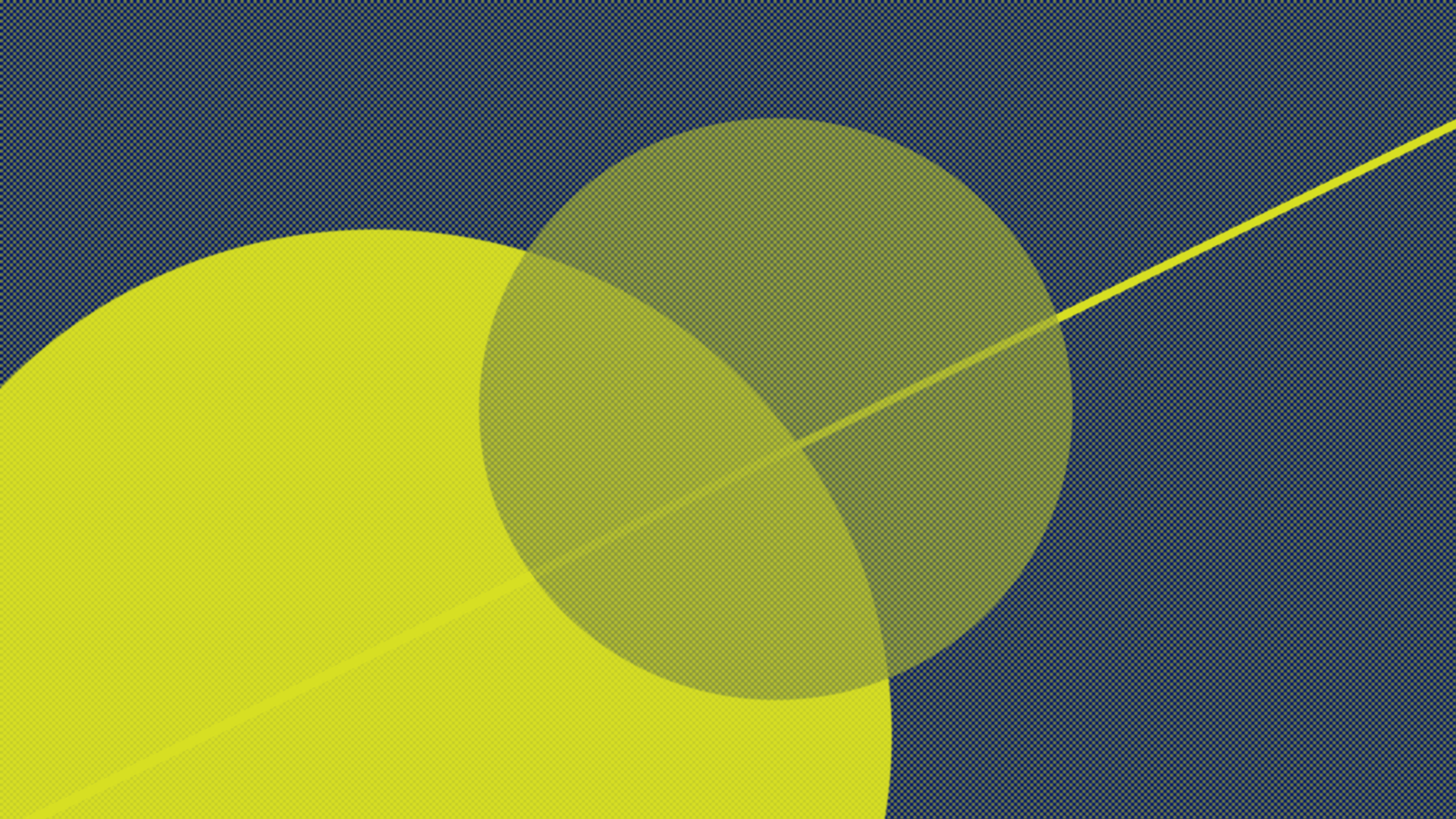Author: Julia Squarr, Journal Development Manager, PLOS Pathogens and PLOS Genetics PLOS Genetics finds itself at a juncture marked by both reflection…
Meet the PLOS Digital Health Editor-in-Chief

In this Meet-the-Editor blog post find out about PLOS Digital Health’s Editor-in-Chief, Leo Anthony Celi. From new research developments to the relevance of PLOS Digital Health in the scientific community, get to know Leo and what’s in store for the journal
What does PLOS’ vision for Open Science mean to you?
Our own version of Open Science is perhaps much more far-reaching and much more ambitious than the traditional intent of open science. Our version of Open Science has hive learning at its core, where colleagues from across disciplines and across countries are learning together and from each other through a shared open ecosystem. Everyone is contributing and is accountable for the knowledge system, a departure from the current model where creation and stewardship of medical knowledge are controlled by associate and full professors that are not representative of most of the world. It does sound quixotic, but we think a critical mass is gradually forming to make this happen. We expect hiccups and pushback, but in general, we are optimistic.
What specific expertise do you bring to PLOS Digital Health?
Rather than expertise, I bring a rich network of friends and colleagues from around the world that shares our mission and vision.
What is the most exciting part of your job as an Editor-in-Chief?
The opportunity to further our work in capacity building and promoting the hive learning mentality was what convinced me to accept the position.
What do you believe that PLOS Digital Health will add to the field of digital health in the coming decade?
More relevant than contributing to the field of digital health, I hope PLOS Digital Health will spearhead a movement among journals to take a more proactive role in diversifying the research community and re-drawing the unequal map of the medical knowledge system. We cannot address health disparities without tackling knowledge inequalities between rich and poor countries.
What developments are occurring in your field of expertise that excite you at this time?
I am thrilled with the way health disparities suddenly became a sexy machine learning problem. In the past, interest in health service research only excited those in the schools of public health. Just the other day I was on a conference call with data scientists from a large pharmaceutical company. It was refreshing to hear that they, too, share our paranoia that AI will encrypt the disparities documented in the real-world data in its algorithms.
What’s a common misconception new authors have about the peer review or publication process?
The biggest misconception is that research is only for academics.
What are your hobbies?
Circuit training, kickboxing, Netflix, Amazon Prime Video, burpees
Who is the most intelligent person you know?
The most intelligent person will never be as intelligent as the whole village.
Want to know more about the journal and how to submit your research? Find out more information at PLOS Digital Health!
